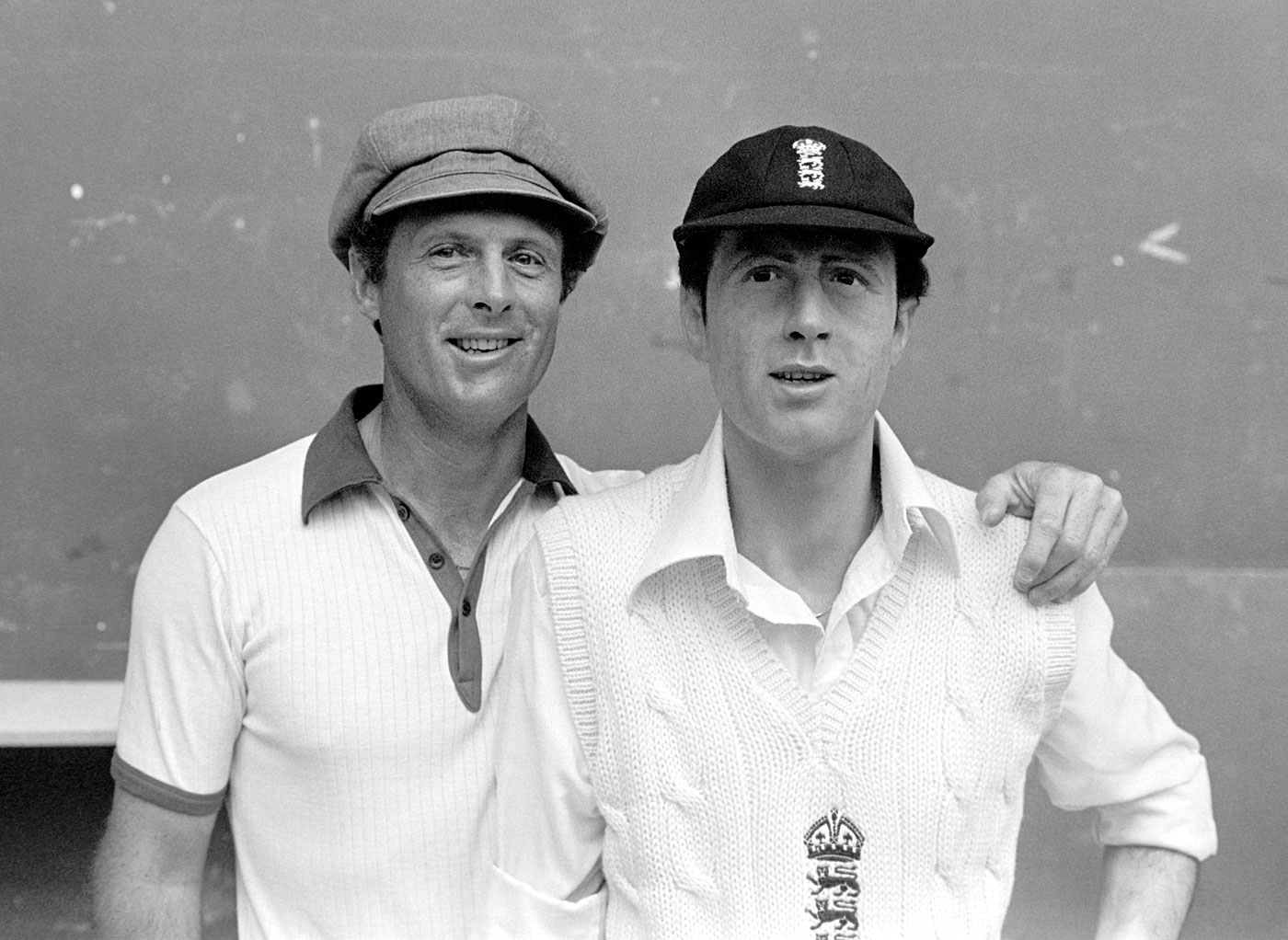
Introduction
Geoffrey Boycott, one of cricket’s most revered figures, stands as a testament to determination and skill. Known for his unyielding technique and combative spirit, he has left an indelible mark on the sport. As the cricketing world celebrates his impressive achievements, Boycott’s influence extends far beyond the pitch, making him a significant figure in the history of cricket.
Career Highlights
Born on October 21, 1940, in Fitzwilliam, Yorkshire, Boycott made his first-class debut for Yorkshire in 1958. Over two decades, he captivated fans with his unique batting style and tenacity, becoming a regular feature in the England Test side by 1964. Boycott played 108 Test matches for England, accumulating 8,114 runs at an average of 47.72, including 22 centuries.
Despite facing challenges, including injuries and controversies, Boycott’s resilience shone through. He is particularly remembered for his iconic 246 not out against India in 1967, achieving this feat while battling a broken finger. This performance exemplified his grit and determination, earning him respect from teammates and adversaries alike.
Controversies and Impact
Over the years, Boycott has been a polarising figure. His outspoken nature and blunt commentary style have sometimes caused friction within the cricket community. Notably, his views on issues like player etiquette and match strategy often led to public debates. However, these qualities have also contributed to his charismatic persona and lasting appeal among cricket enthusiasts.
Beyond the pitch, Boycott has contributed to cricket as a commentator and analyst, sharing insights and sparking conversations about the game’s future. His commitment to the sport and willingness to address pressing issues have cemented his status as an authority in cricket.
Recent Developments
In recent years, Boycott has continued to advocate for the sport, voicing concerns about the changing dynamics of cricket and its impact on traditional values. In 2023, he celebrated the 60th anniversary of his international debut, reflecting on the evolution of cricket and the importance of nurturing young talent in the game. His perspective remains relevant, especially as cricket faces challenges from modern formats and commercialisation.
Conclusion
Geoffrey Boycott’s legacy as a cricketer, commentator, and sporting icon is unwavering. His contributions to cricket have inspired generations, and his outspoken nature ensures that discussions around the game remain vibrant. As cricket continues to evolve, Boycott’s voice will be crucial in shaping its future, reminding fans of the sport’s rich history and the values that define it. For fans and players alike, recognizing Boycott’s contributions is essential in appreciating the game’s past and its trajectory towards the future.
You may also like

Jack Willis: The Rising Star of English Rugby

The Rise of Harvey Elliott in Football
